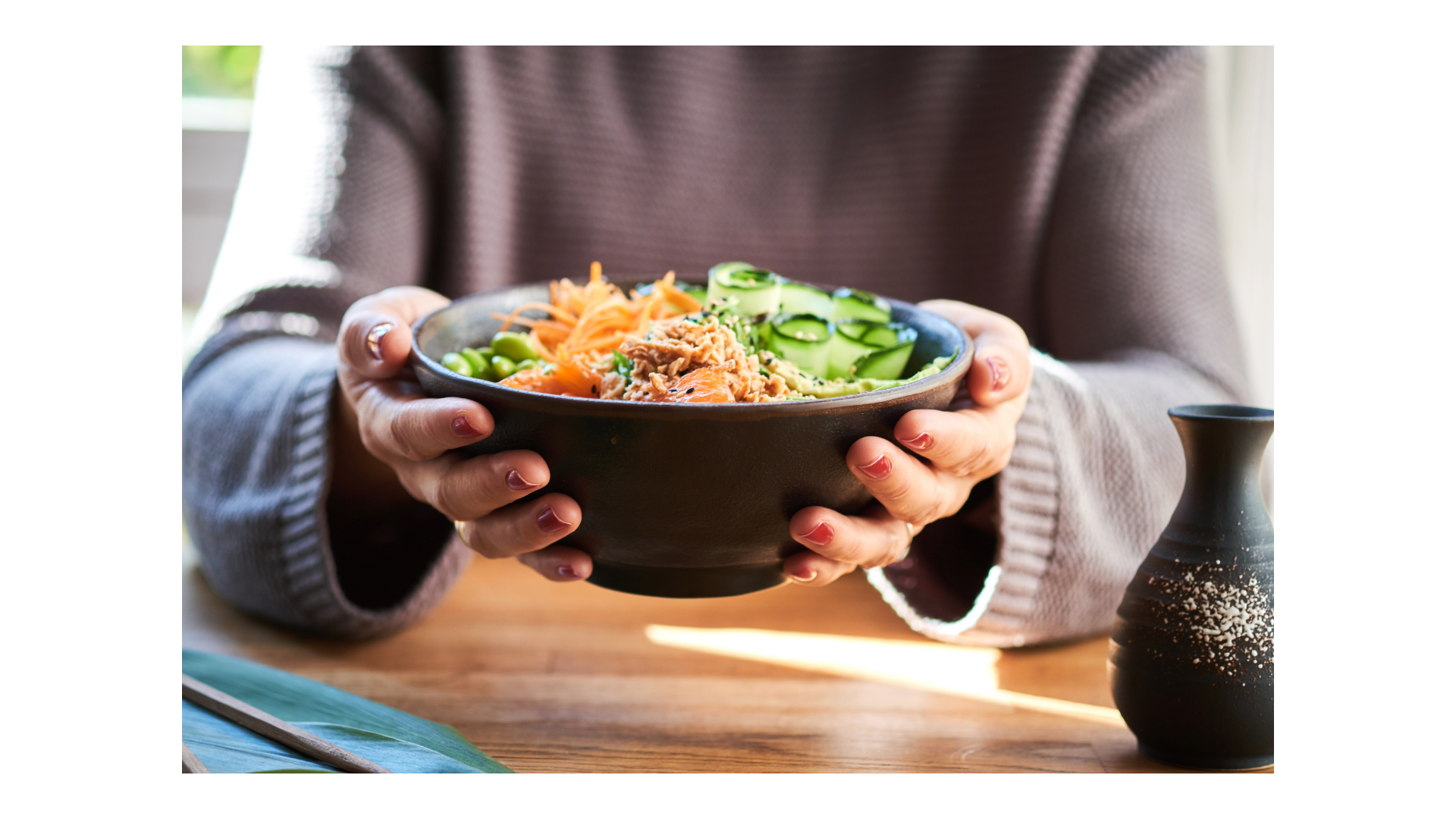Introduction
Menopause is a natural stage in a woman's life that can come with various symptoms, from hot flashes to mood swings. These symptoms are due to declining estrogen levels, but the good news is that diet can play a significant role in balancing hormones naturally. Foods rich in phytoestrogens—plant compounds that mimic estrogen in the body—are a great way to support hormonal health. In this blog, we’ll cover the top 10 phytoestrogen-rich foods to include in your diet to support healthy estrogen levels during menopause.
What Are Phytoestrogens?
Phytoestrogens are plant-derived compounds that have a structure similar to estrogen, allowing them to weakly bind to estrogen receptors in the body. While they don’t replace your body’s estrogen, they can help regulate its levels, offering relief from menopausal symptoms and promoting overall hormonal balance. Incorporating phytoestrogen-rich foods can support not only your hormonal health but also your cardiovascular system, bone density, and inflammation levels.
RELATED: Are phytoestrogens safe for estrogen positive cancers?
Top 10 Phytoestrogen-Rich Foods for Menopausal Women

Flaxseeds
- Benefits: Flaxseeds are one of the richest sources of lignans, a type of phytoestrogen that supports estrogen balance. They also provide fiber and omega-3 fatty acids, which support heart health.
- How Much to Eat: Aim for 1-2 tablespoons of ground flaxseeds daily. You can add them to smoothies, oatmeal, or yogurt.

Soybeans and Tofu
- Benefits: Soy contains isoflavones, which are potent phytoestrogens known for their ability to support healthy estrogen levels. Tofu, edamame, and tempeh are all great soy-based options.
- How Much to Eat: A serving of ½ cup of tofu or edamame daily can be a great addition to your diet.

Sesame Seeds
- Benefits: Sesame seeds are high in lignans, similar to flaxseeds, and can help regulate estrogen levels. They also provide healthy fats and calcium.
- How Much to Eat: Consume 1-2 tablespoons of sesame seeds per day. Sprinkle them on salads, stir-fries, or use tahini (sesame paste) as a dip.

Chickpeas
- Benefits: Chickpeas are rich in phytoestrogens and provide plant-based protein, fiber, and nutrients like magnesium, which supports bone health.
- How Much to Eat: Incorporate about ½ cup of chickpeas into your diet a few times a week. Use them in salads, soups, or make hummus.

Apples
- Benefits: Apples contain a moderate amount of phytoestrogens and are high in fiber and antioxidants, which help reduce inflammation and support cardiovascular health.
- How Much to Eat: 1 apple a day can be an easy and healthy way to add phytoestrogens to your diet.

Berries
- Benefits: Berries like strawberries, blueberries, and raspberries are not only rich in antioxidants but also contain phytoestrogens that support hormone balance and overall health.
- How Much to Eat: A serving of 1 cup of mixed berries a few times a week can provide phytoestrogens along with a variety of nutrients.

Oats
- Benefits: Oats contain phytoestrogens, specifically lignans, and are also a great source of fiber, which helps maintain blood sugar levels and supports digestion.
- How Much to Eat: A bowl of oats (about ½ cup dry) in the morning a few times a week is a great way to get your phytoestrogens while also supporting heart health.

Carrots
- Benefits: Carrots contain a type of phytoestrogen called coumestans, which can aid in hormone regulation and are also a good source of beta-carotene and fiber.
- How Much to Eat: Include 1-2 carrots daily in your meals or as a snack for an added boost of phytoestrogens.
 Nuts (Walnuts, Almonds)
Nuts (Walnuts, Almonds)- Benefits: Nuts like walnuts and almonds contain phytoestrogens and healthy fats that support heart health and hormone balance.
- How Much to Eat: A small handful (about ¼ cup) of nuts daily can contribute to your overall phytoestrogen intake and provide a healthy snack.

Dried Fruits (Dates, Prunes, Apricots)
- Benefits: Dried fruits are a concentrated source of phytoestrogens and provide a natural sweetness along with fiber and minerals like potassium.
- How Much to Eat: A serving of 3-4 dried fruits a few times a week can be an easy way to add phytoestrogens to your diet while also satisfying your sweet tooth.

Chinese Yam (NOT Sweet Potato or American Yam)
- Benefits: Chinese yam, also known as Dioscorea opposita or Shan Yao in Traditional Chinese Medicine (TCM), is a root vegetable that is naturally high in phytoestrogens. It contains diosgenin, a compound that can mimic estrogen in the body and is known for its ability to support hormonal balance. Due to its phytoestrogenic properties, Chinese yam can be particularly helpful for women during menopause to alleviate symptoms like hot flashes, night sweats, and mood swings.
- How Much to Eat: For supporting estrogen levels naturally, a daily intake of 100-200 grams (3.5 to 7 ounces) of fresh Chinese yam is generally recommended. This can be consumed either as part of a cooked dish, such as in stews, soups, or stir-fries, or dried as part of herbal preparations in powder or supplement form.
RELATED: The Best Herbs for Natural Menopause Relief
Incorporating Phytoestrogen-Rich Foods into Your Diet
Incorporating phytoestrogen-rich foods into your daily diet is an easy and natural way to support hormonal health during menopause. These foods not only help balance estrogen levels but also provide other health benefits like improved cardiovascular health, reduced inflammation, and support for bone density. Start by adding some flaxseeds to your breakfast, enjoying a tofu stir-fry for dinner, or snacking on a handful of nuts. Even small dietary changes can make a big difference in balancing hormones and enhancing overall well-being during menopause.
RELATED: Purchase the #1 Natural Menopause Relief Formula Here
Conclusion
Adding phytoestrogen-rich foods to your diet can provide natural support for hormone balance during menopause. Whether you're experiencing menopausal symptoms or looking to maintain healthy estrogen levels, these foods can make a significant difference. Remember to enjoy a variety of them for the best benefits, and consult with a healthcare provider for personalized advice.
Book an appointment with Dr. Kyle for Herbs and Supplements




